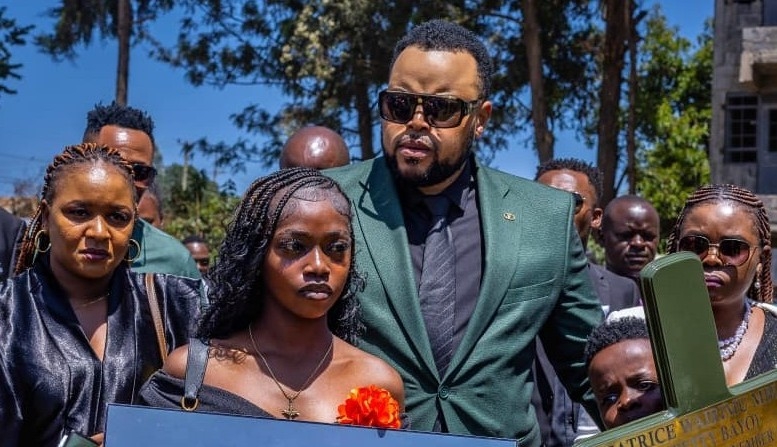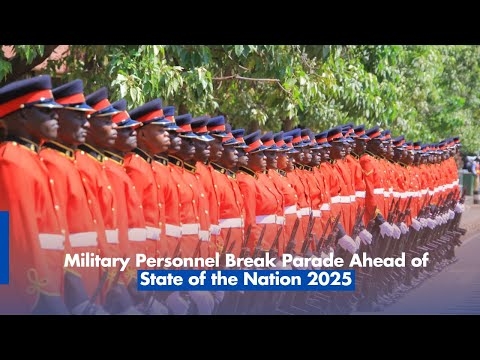The High Court was on Monday tasked with realising the invalidity of Regulation 29(b) of The Law Society of Kenya (General) Regulations, 2020.
This is in an appeal by High Court Advocate Shadrack Wambui against a decision of the LSK Ad-Hoc Elections Board to lock him out of the position of the Nairobi Representative 2024-2026.
Through his lawyers led by Alex Mola, the court heard that the above regulation is inconsistent with Regulation 28(3)(d) and Section 12 of the LSK Act, 2014.
To root his argument, Mola stated that the dispute with the LSK and its elections board arose from the latter's communication that Wambui was "not validly nominated" to contest for the position.
This is because one of the lawyers who nominated him, Justus Munyithya Maithya, practices in Mombasa and not Nairobi.
Munyithya had however written to the board stating that his location of practise was Nairobi being a lecturer at Kenya School of Law and having an office at Agip House, an email which the party claimed was ignored.
Connecting this with his argument about the regulation, Mola said members of the society have rights held within Section 12 of the LSK Act among which a paid-up member can participate and vote.
Regulations 29(b) however limits the said rights, summing them up to one having the right to vote but not to nominate based on the area of practice.
The regulation states that "A member may be nominated as a candidate in an election under this part only if that member is nominated by two members of the Society who are qualified to be elected to the office to which the nomination relates".
Mola urged Justice David Majanja to find that Wambui was validly nominated and that his nominator had given proper information on his place of practice.
This was however opposed by LSK through its counsel John Leakey who asked the court to dismiss the appeal.
He maintained that Regulation 29 of the LSK Regulations, 2020 did not counter or violate the said statute.
"The regulations are not contra-statute. They amend to implement the parent statute," he argued.
Leakey said Wambui was not validly nominated, adding that by the time Munyithya indicated his desire to change his place of practice, the nominations had already been done.
This was also the argument of the Ad-Hoc.
Lawyer Kevin Wakwaya representing the board asked the court to follow the law, which he termed as Regulation 29(b).
He also maintained that there was no conflict between the regulation and Section 12 of the LSK Act, 2014.
He argued that the regulation shows how Section 12 is to be implemented and in its accordance, Munyithya was not qualified to nominate a Nairobi Rep as he was practising in Mombasa.
"We are simply asking the court what the law was at the time," Wakwaya argued.
Responding to the arguments by the respondents, lawyer Danstan Omari said Regulation 28(3)(d) directs that one is to be nominated by two practising advocates.
He linked this to Regulation 30 which outlines that a nomination form should contain the name and address of the candidate, the name of the organisation where the candidate works, if any, the year of admission to the Bar in Kenya, the year and office in the Council previously held by the candidate, if any.
It also requires one to state the place where the candidate ordinarily practises, or where the member does not practice, the locality where the member ordinarily resides, the office for which the candidate is nominated and a description or profile of the candidate in not more than 100 words.
Omari told the court that the forms do not include the details of a nominator, only the candidate.
He noted that the form they were issued with had added details, which are "not known by the law".
"There are no details prescribed that one must announce where they practice. The only requirement is that they are two practising advocates," he noted.
Omari urged the court to find that the forms were a violation of the law.
Justice Majanja directed that the parties convene in court on February 20, for a judgment.








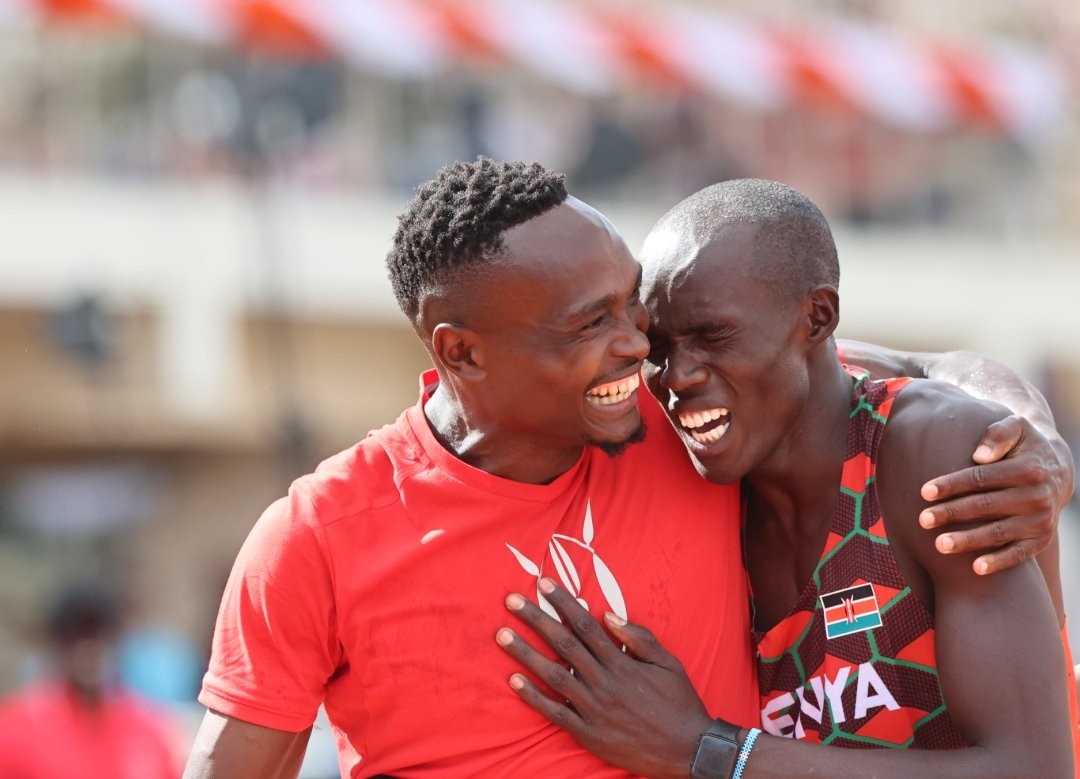
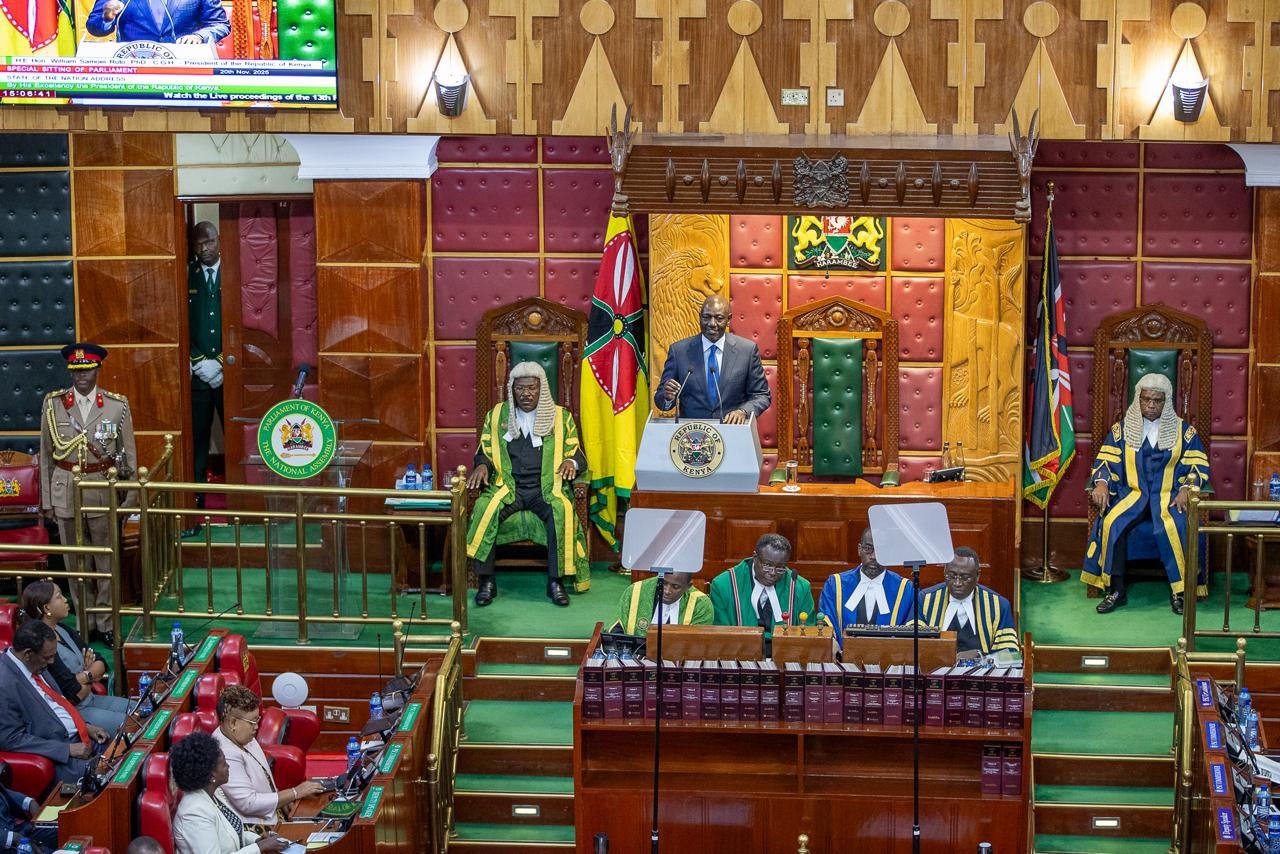
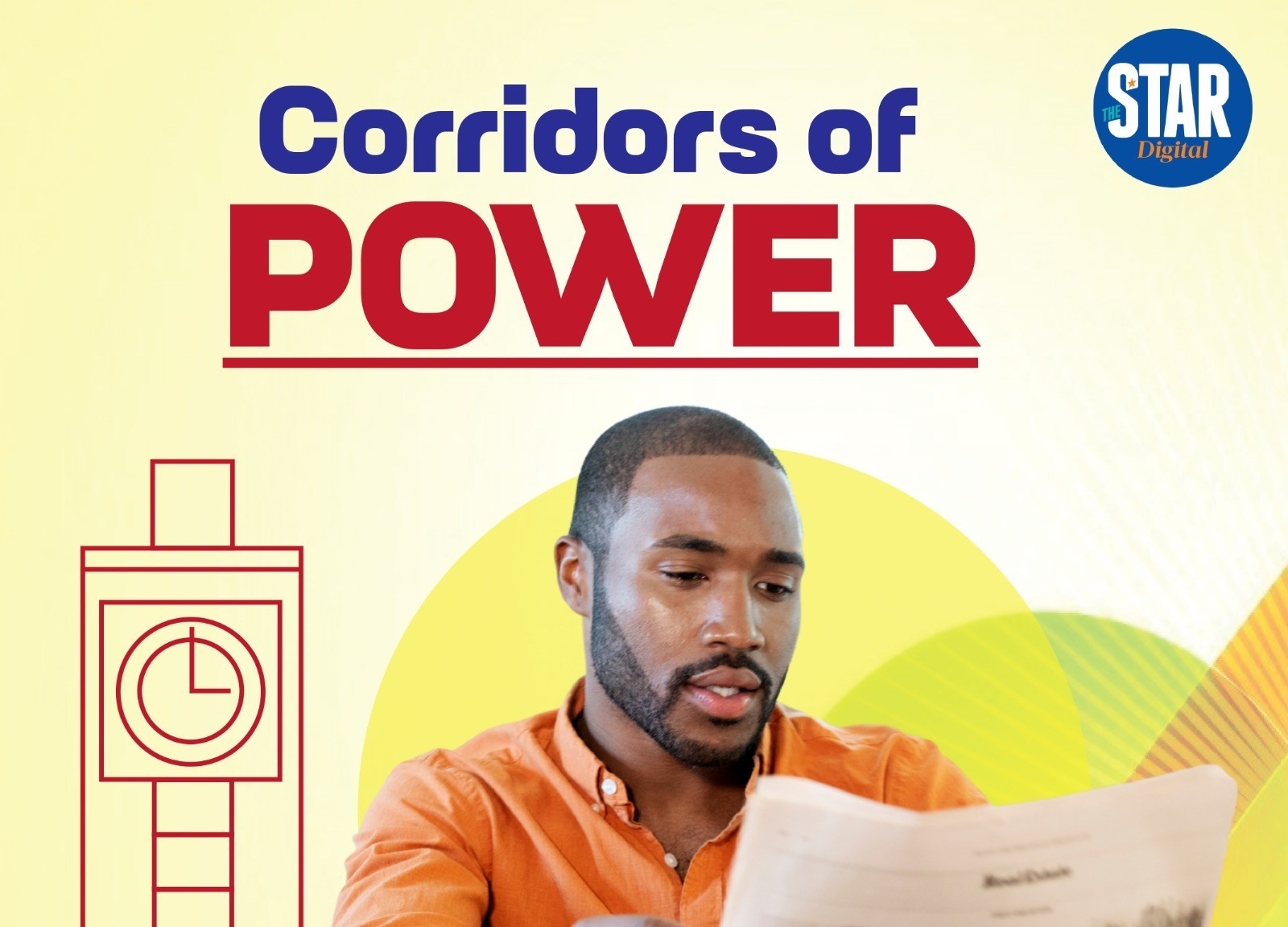
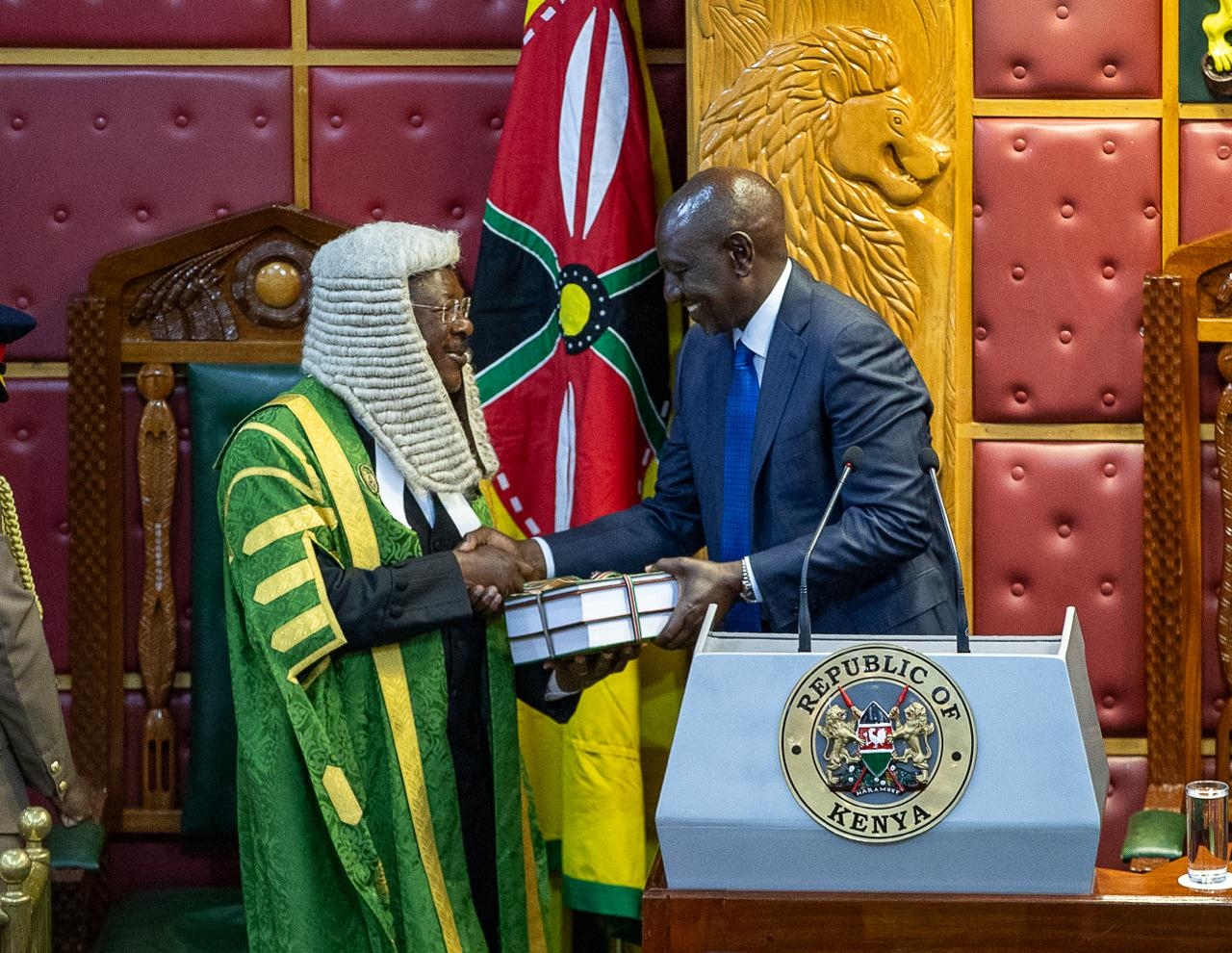
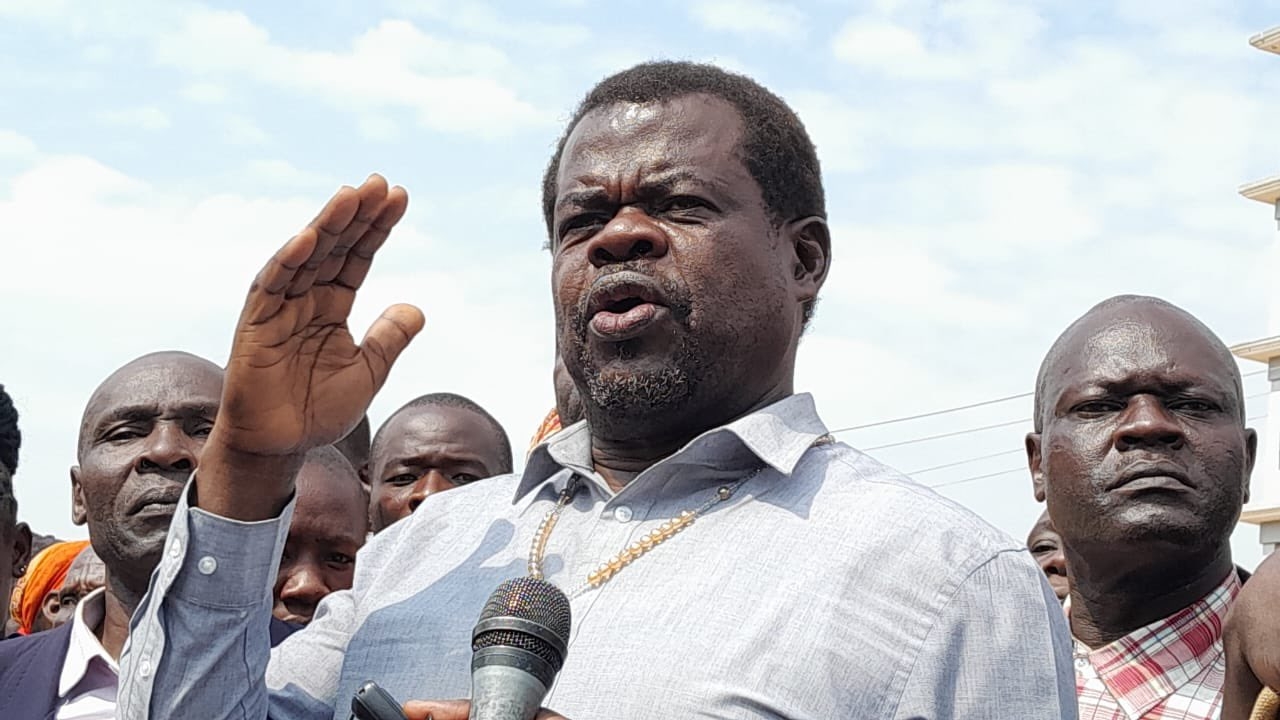

![[PHOTOS] Betty Bayo laid to rest in Kiambu](/_next/image?url=https%3A%2F%2Fcdn.radioafrica.digital%2Fimage%2F2025%2F11%2F3b166e2e-d964-4503-8096-6b954dee1bd0.jpg&w=3840&q=100)
